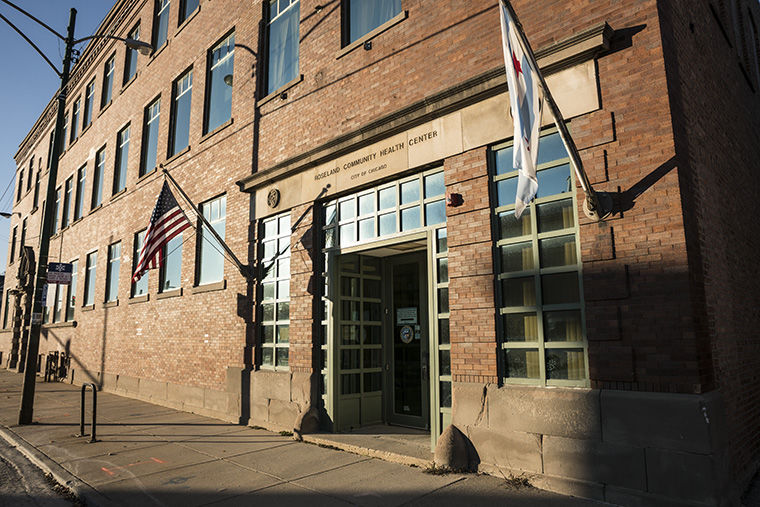Cook County expands mental health services
The Community Triage Center in Roseland, which opened Nov. 1, is meant to prevent people with mental health issues ending up in the jail, according to Kenya Key, chief of psychology at Cermak Health Services.
November 28, 2016
A new community behavioral health center in the Roseland neighborhood is Cook County’s latest plan to reduce the increasing number of inmates incarcerated at Cook County Jail with mental health issues.
The Community Triage Center—established by the Cook County Health and Hospital Systems, Cook County Board President Toni Preckwinkle and the Cook County Justice Advisory Council—opened Nov. 1 and provides early intervention services for those at risk of hospitalization or detention because of their mental health, according to the CCHHS website.
The 24/7 center could divert hundreds of individuals from hospitals and the Cook County Jail within its first year of operation, according to the CCHHS website.
“About 25 percent of [Cook County Jail] detainees who are here on low-level offenses have a mental illness,” said Kenya Key, chief of psychology at Cermak Health Services, the healthcare provider for Cook County Department of Corrections detainees.
CCHHS received a grant for the center from the Otho S.A. Sprague Memorial Institute, and CTC will invest an additional $3 million, according to its website.
The website also says the county spent $143 per detainee per day on housing, food, health care and security in 2013 and more than 20,000 emergency department visits were recorded for individuals exhibiting behavioral health conditions at John J. Stroger Hospital of Cook County between January 2013 and April 2015.
Cook County officials hope expenses at both the jail and hospital will go down because of the new center, Key said.
“We’re expecting a very significant impact on cutting down the number of incarcerations for low-level offenses based on behaviors that are related to mental health or behavioral health crisis, and also helping to cut down on unnecessary emergency room visits, which [occur] when there is not an opportunity to get treatment in the community,” Key said.
CTC will provide evaluation, crisis stabilization and treatment for patients with psychiatric- or substance-related crisis. The center will also work with the Chicago Police Department, so officers can bring mentally ill individuals to the CTC, according to Key.
Mary Colleran, executive director at the National Alliance on Mental Illness of Illinois, said she is happy to see more resources being provided for the community.
“It’s definitely necessary,” Colleran said. “We need all the resources we can get in this state and this city for people with behavioral health issues.”
Brian Berg, spokesman for Ald. Anthony Beale (9th Ward), said the alderman is glad the CTC pilot is in his neighborhood.
“[Beale is] pleased the Community Triage Center will help more families and individuals receive quality affordable mental health services right here in the Roseland community,” Berg said.
Key said the unique value of the CTC is its open-door policy. Unlike similar centers, there are no geographic boundaries for patients who come to the CTC.
“This is not a diversion or alternative for an individual who should be incarcerated because they represent a danger to society,” Key said. “Rather, [it is for] those who are interacting with the law or are at risk of interacting with the law because of their mental illness.”








